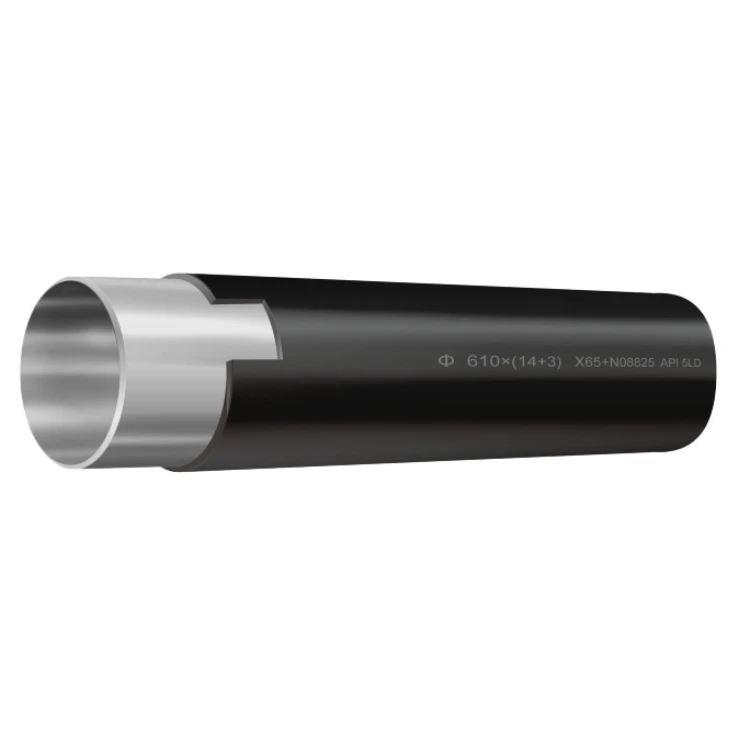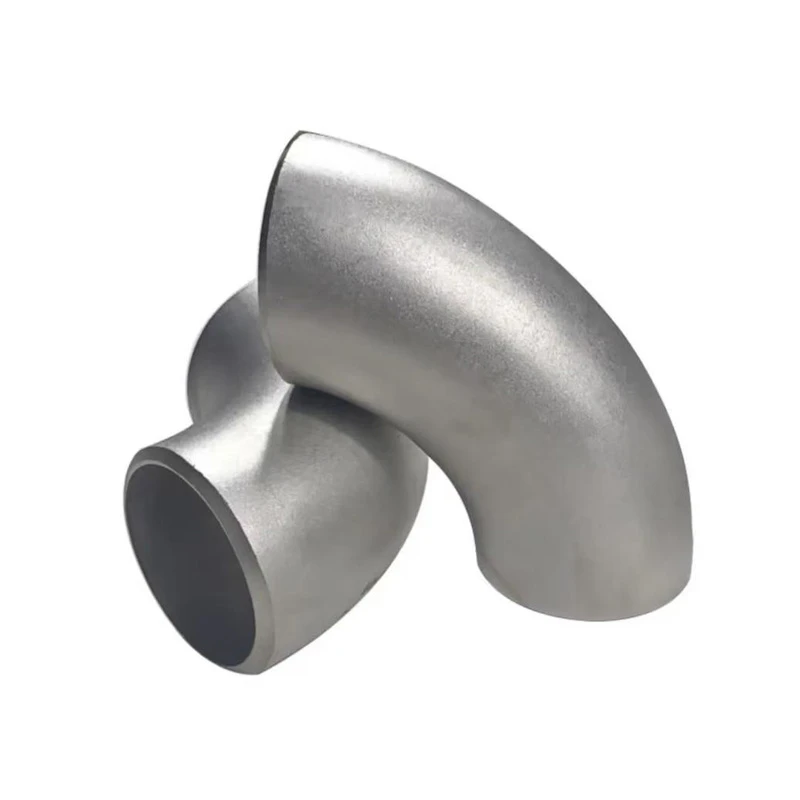About Cangzhou Lion Technology Co., Ltd.
Cangzhou Lion Technology Co., Ltd. stands at the forefront as a global composite pipe manufacturer, focusing on cutting-edge manufacturing, constant R&D investment, and sustainable engineering. Located in the Economic Development Zone of Mengcun County, Cangzhou City, Hebei Province, Lion leverages decades of industry experience to provide high-tech piping solutions for the oil, gas, geothermal, and renewable sectors.
Website: https://www.lion-pipeline.com
Phone: +8619931775189
E-mail: sales@laiaokeji.com
Address: Economic Development Zone of Mengcun county, Cangzhou city, Hebei province
Industry Trends: The Evolution of Composite Pipe Manufacturing
The development of composite pipe technology reflects the global need for durable, efficient, and versatile piping systems capable of withstanding harsh environments and aggressive transport media. With applications spanning compressed air energy storage, oil & gas extraction, geothermal wells, mining, and industrial fluids, composite pipe manufacturers have prioritized innovation in corrosion resistance, mechanical strength, and thermal performance.
- Growth in Energy Storage: With renewable projects on the rise, composite pipe is increasingly used in compressed air energy storage (CAES), offering long lifespans underground with minimal maintenance.
- R&D Acceleration: Market leaders like Lion invest heavily in laser cladding and composite layering, driving advancements in both steel pipe manufacturing and hybrid engineering.
- Sustainable Practices: Eco-friendly materials, recyclability, and optimized logistics are prioritized in modern composite pipe supply chains.
Emerging trends highlight the increasing importance of internationally accepted standards (API, ASTM, ISO), multi-material innovation, and digital manufacturing for quality assurance and traceability (ResearchGate: Composite Pipes for Oil & Gas).
Laser Clad Pipe: Advanced Composite Pipe Technology
The Laser Clad Pipe by Cangzhou Lion Technology Co., Ltd. is an advanced product that leverages laser cladding technology to improve performance and longevity. The process involves fusing cladding materials on the surface of a traditional steel pipe using high-energy-density lasers, forming a robust, metallurgically bonded protective layer.
Product Applications:
- Underground deep well transport (as casings, liners in compressed air energy storage)
- Oil, natural gas, and geothermal well extraction
- High-demand industrial transport environments
Product page:
https://www.lion-pipeline.com/laser-clad-pipe.html
Application Scenarios for Composite Pipe and Laser Clad Pipe
Composite pipe solutions provide unmatched longevity and reliability for demanding energy and industrial sectors. Core application scenarios include:
- Compressed Air Energy Storage (CAES): Deep-well casing pipes with extreme pressure, demanding long life and corrosion immunity.
- Oil & Gas Upstream: Tubulars for extraction and transport in highly corrosive environments with varying pressure-gradients; considerable use of composite pipe for sour and wet wells.
- Geothermal Wells: Downhole liners and surface pipelines with high thermal cycling needs (>350°C).
- Industrial Fluids & Chemical Plants: Resistance to multiple corrosive chemicals, abrasion, and thermal shocks.
- Mining & Hydraulic Infrastructure: Efficient slurry, brine, and dewatering lines.
Adopting composite pipe products such as the Laser Clad Pipe ensures decreased downtime, improved worker safety, and significant lifecycle cost savings (SPE Technical Paper: Composite Tubulars).
Technical FAQ: Composite Pipe Industry Terminology
Q1: What materials are typically used for composite pipe bases and cladding layers?
A1: Bases are generally made from carbon steel (API 5L Gr. B/X52/X70, ASTM A106, etc.), while cladding materials include alloys like 316L, Inconel 625, Nickel-Chromium alloys, or custom corrosion-resistant composites.
Q2: What is laser cladding and how does it improve pipe durability?
A2: Laser cladding involves melting and fusing corrosion-resistant metal powders onto steel pipe surfaces via high-intensity lasers. This forms a dense, metallurgically bonded barrier with minimal dilution, considerably increasing resistance to corrosion and wear.
Q3: Which international standards govern composite pipe and laser clad pipe manufacturing?
A3: Major standards include API 5LD/5L/5CT, ASTM A358, ASME B31.3, ISO 3183, DNVGL-RP-F112, and client/project-specific technical requirements.
Q4: What specification ranges do composite pipe manufacturers commonly offer?
A4: Outer diameters from 2” to 48” (50mm to 1220mm); wall thickness from 3mm to 40mm; pressure ratings up to 35MPa; and clad thickness between 2mm and 8mm, with custom sizing available for project needs.
Q5: How is field installation of a composite pipe different from a traditional steel pipe?
A5: Installation follows similar pipeline procedures (welding/flanging), but composite and laser clad pipes may require specialized welding consumables, qualified personnel, and consideration of expansion coefficients at clad interfaces.
Q6: What are the most critical performance parameters for wells using laser clad pipe?
A6: Long-term corrosion loss rate (<0.02 mm/y), impact toughness, pressure cycling resistance, clad adhesion strength, and thermal stability are most critical for downhole and underground applications.
Q7: Which adverse conditions does a laser clad composite pipe best resist?
A7: Highly aggressive sour environments (CO₂/H₂S presence), chloride pitting, brine exposure, erosion from high-velocity particulates, and thermal cycling due to energy storage/mining operations.


